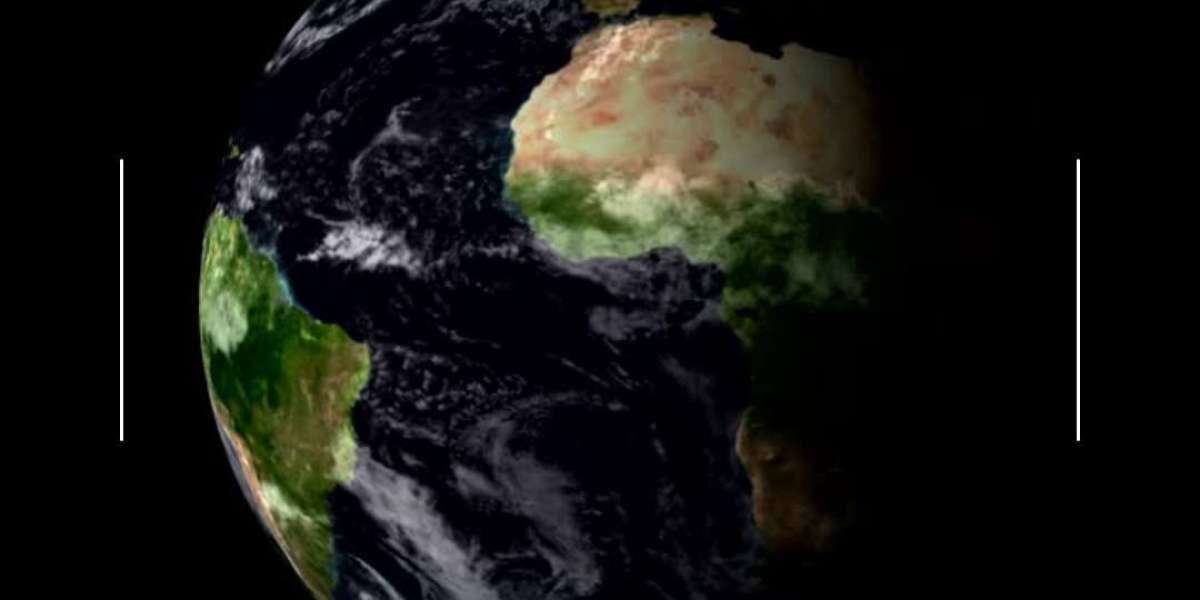Global warming a phenomenon driven largely by human activities, has emerged as the defining challenge of our era. It refers to the rise in Earth’s average surface temperature due to the buildup of greenhouse gases (GHGs) like carbon dioxide and methane. This warming is not merely an environmental issue but a complex crisis with far-reaching consequences for ecosystems, economies, and societies.
The roots of global warming can be traced to industrialization. The burning of fossil fuels, deforestation, and large-scale agriculture have significantly increased GHG concentrations in the atmosphere. While these activities have fueled economic growth and technological progress, they have also disrupted Earth’s delicate balance. This imbalance is evident in the accelerating rates of glacial melt, sea-level rise, and extreme weather events, such as hurricanes, heatwaves, and floods.
The impacts of global warming are multifaceted. Ecosystems are under immense stress as species struggle to adapt to changing temperatures. Coral reefs, often called the “rainforests of the sea,” are dying at an alarming rate due to ocean warming and acidification. On land, shifting climate zones are threatening biodiversity, while unpredictable weather patterns disrupt agriculture, exacerbating food insecurity in vulnerable regions.
Despite the gravity of the situation, there is hope. Nations worldwide are recognizing the urgency to act. Agreements like the Paris Accord aim to limit global temperature rise to below 2°C by reducing emissions and adopting sustainable practices. Innovations in renewable energy, from wind turbines to solar panels, are paving the way for a cleaner, greener future.
However, global action must extend beyond governments. Businesses have a crucial role in minimizing their carbon footprints and developing sustainable solutions. Individuals, too, can contribute by adopting eco-friendly habits such as using energy-efficient appliances, reducing waste, and supporting local, sustainable products.
Education and awareness are key to fostering collective responsibility. Communities must be empowered with the knowledge and tools to combat global warming effectively. Together, we can transform this crisis into an opportunity to rethink our relationship with the planet and build a more equitable, sustainable future.
Global warming is not an isolated issue; it is a shared challenge that transcends borders. As stewards of this planet, humanity must unite to confront this crisis with innovation, determination, and a sense of shared purpose. Only through collective action can we safeguard the Earth for future generations.


